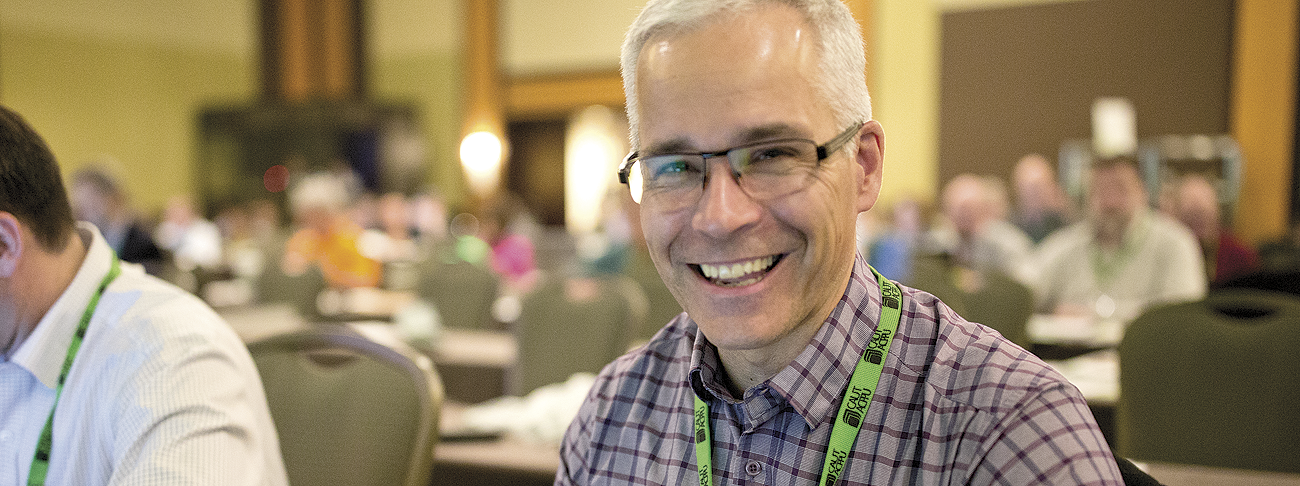
by James Compton
We live, so we’re told, in an age of “fake news” and unrelenting political partisanship. You don’t like CNN’s science reporting? Turn the channel to Fox News. And if that doesn’t do it for you there’s always the raging conspiracy theories delivered by Alex Jones at InfoWars.com where you will read that climate change “is largely a myth promoted by politicians to scare the public into accepting a vast expansion of government.”
Yes, public debates about science have sunk to new lows in recent years, particularly in the United States. And recent history in Canada has not been rosy either. That’s why the recent consensus on the Fundamental Science Review Panel report is so encouraging. The Naylor Report — named after the panel’s chair Dr. David Naylor — has achieved a rare feat in Canada. Pretty much everyone likes it.
“The Naylor Report is an historic opportunity to reposition Canada as a global leader in research and discovery,” said Paul Davidson, president of Universities Canada. The Royal Canadian Institute for Science raised “three cheers” as it applauded the report, while the science lobby group, Evidence for Democracy, says the Naylor report is “a positive and ambitious roadmap for how to create a strong, thriving and accountable research sector in Canada.”
So, what’s in it? “The Panel’s overall conclusion is that independent science and scholarly inquiry have been underfunded for much of the last decade, as the federal government has concentrated resources on innovation-facing and priority-driven programs.” And they give numbers. “Between 2007–08 and 2015–16, the inflation-adjusted budgetary envelope for investigator-led research fell by 3 per cent while that for priority-driven research rose by 35 per cent.” But it gets worse. The panel estimates that while the overall number of researchers grew during this period “the real resources available per active researcher to do investigator-led research declined by about 35 per cent.”
As a result, the report’s “single most important recommendation” is that the federal government should increase investment in independent investigator-led research with an immediate injection of $1.3 billion to granting council base funding over four years. This would include a much-needed boost for SSHRC-funded arts and humanities researchers who, the panel notes, have been comparatively underfunded for decades.
The report also recommends: the creation of a National Advisory Council on Research and Innovation to coordinate the funding councils and “to provide broad oversight of the federal research and innovation ecosystems”; that the Minister of Science “consider hard equity targets where persistent and unacceptable disparities exist”; support for Indigenous researchers and communities; and, increased support for early-career researchers.
As we noted in our initial response to the report, the recommendations and the justifications for them could have been written by CAUT. Moments such as this don’t come along very often, and when they do it’s important that they are acted upon.
Make no mistake, the problems faced by our research communities are linked to broader societal concerns. Climate scientists at the Polar Environment Atmospheric Research Laboratory, on Ellesmere Island in Nunavut, have raised alarm over the ability to continue their important research without sustainable federal funding. And many of the cultural, social and political problems confronting us, from armed conflicts, large-scale refugee migrations, rising income disparities, to, yes, “fake news,” require thoughtful, evidence-based policy responses. Research funding that is fettered to the short-term interests of industry and business will not help us. But independent research will. It doesn’t guarantee success, but without it, failure is very likely.
The solidarity and shared commitment of purpose required to get the job done was on full display this past Earth Day, on April 22. That’s when thousands of citizens gathered at more than 600 rallies around the world to raise their voices in unison to support independent science. I joined a large crowd huddled on Parliament Hill that chilly morning and couldn’t help crack a smile when the chant rose up: “What do we want? Evidence-based policy decisions! When do we want it? After peer review!”